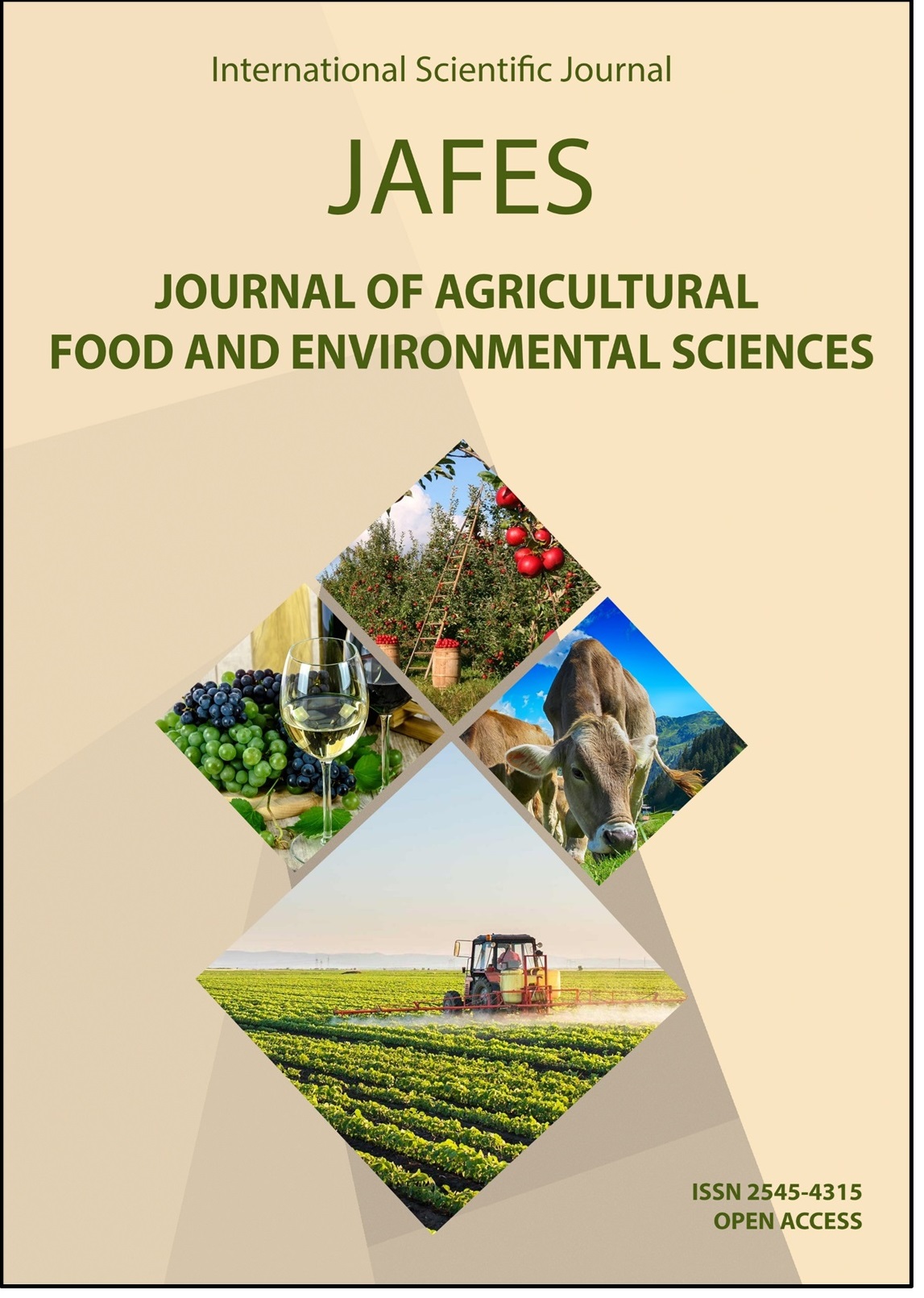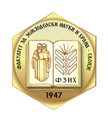PERSPECTIVES AND CHALLENGES ON THE IMPROVEMENT OF A LOCAL FOOD SYSTEM IN THE REPUBLIC OF NORTH MACEDONIA
Клучни зборови:
geographical indications schemes, local food, traditional food.Апстракт
Globalization of the food supply chains, and massive industrialized food production systems enabled efficiency and food specialization. However, COVID-19 pandemic shattered the global food chains and limited the possibilities for food distribution. This problem demonstrated the importance of local food production. During Covid-19 pandemic the local food systems played a key role in agricultural sustainability and food security. As a result, the local food production provided a contribution economic stability in country during turbulent periods of times. However, local food production has a social and cultural impact. The local food systems are essential for authenticating a national culture representing a variety of traditional agricultural products and food. Thus, preserving local food production is important for economic and cultural reasons. The purpose of this paper is to determine the current situation of implementation of the EU schemes of geographical indications and traditional specialties in North Macedonia. The results are showing that there is a progress based on some efforts with limited success for developing and promoting quality schemes. There is a need for strengthening local community resilience. Recommendations intended for policy makers and producers for improvement of the local food system in the country are identified. This could be achieved through devoted involvement of all stakeholders, better promotion, long-term systemic support measures, education for improving the safety and quality of the products and better cooperation between the stakeholders.



